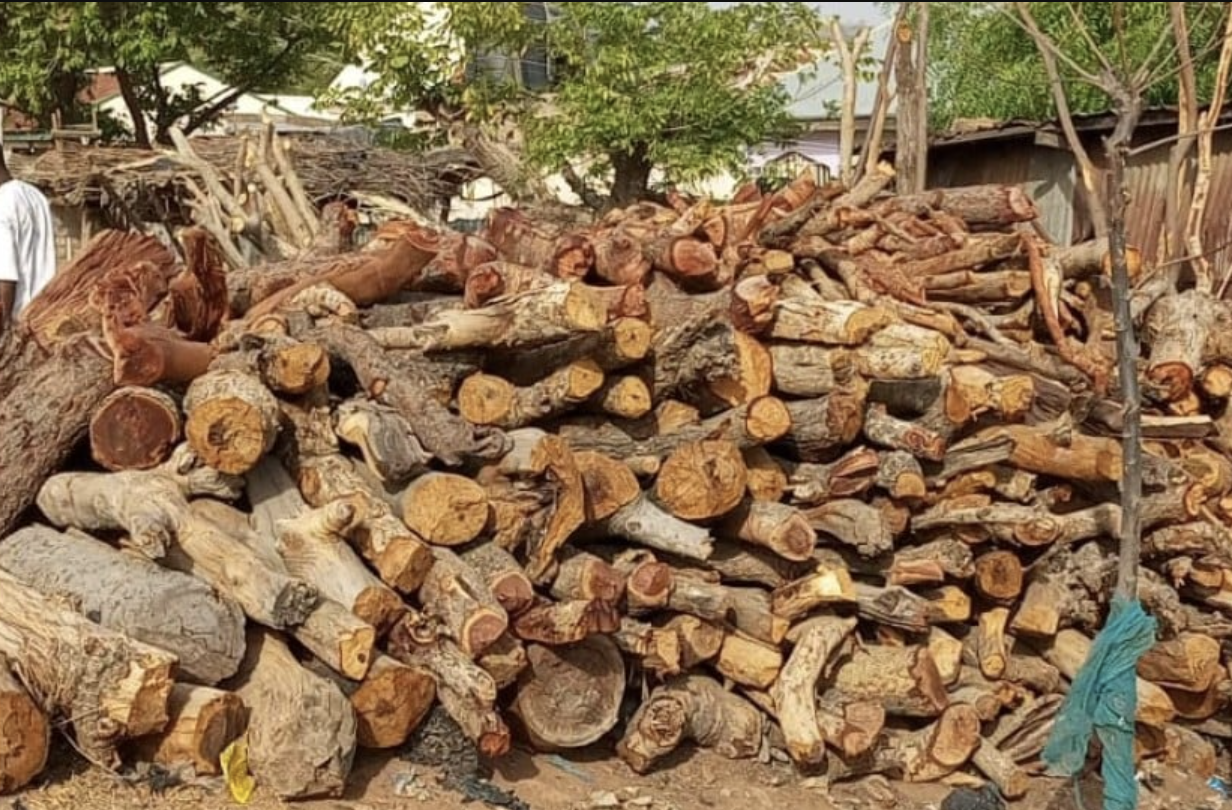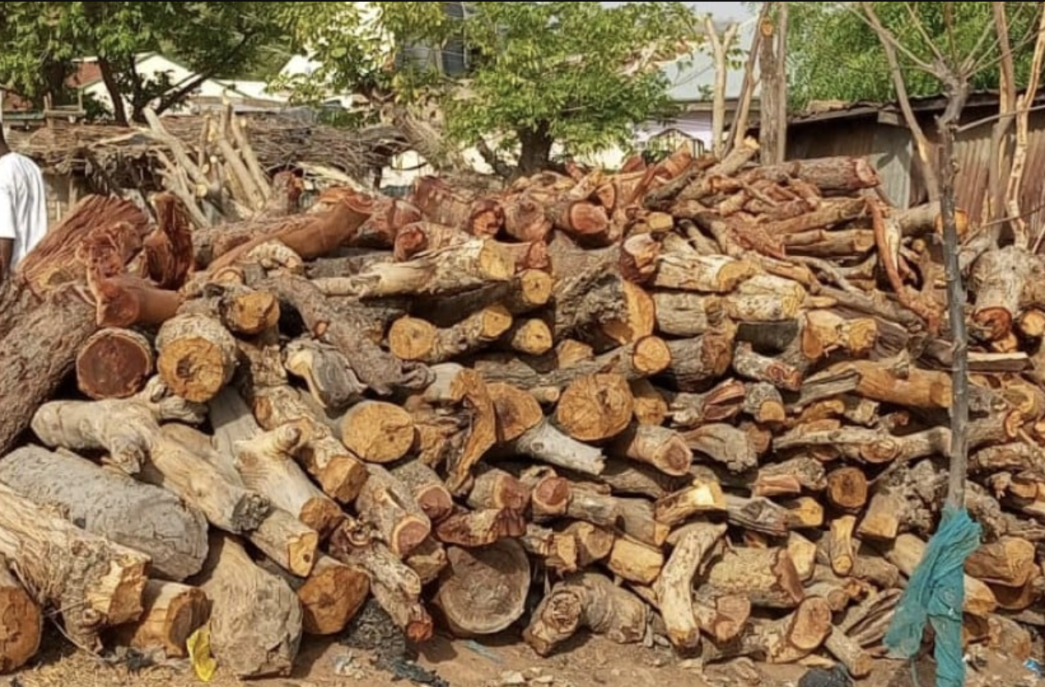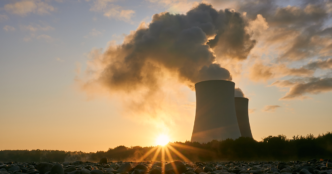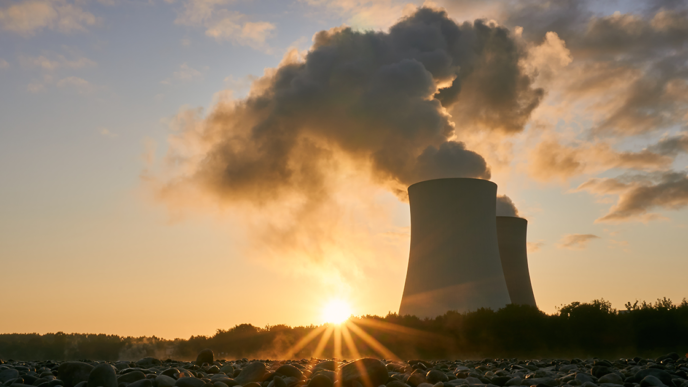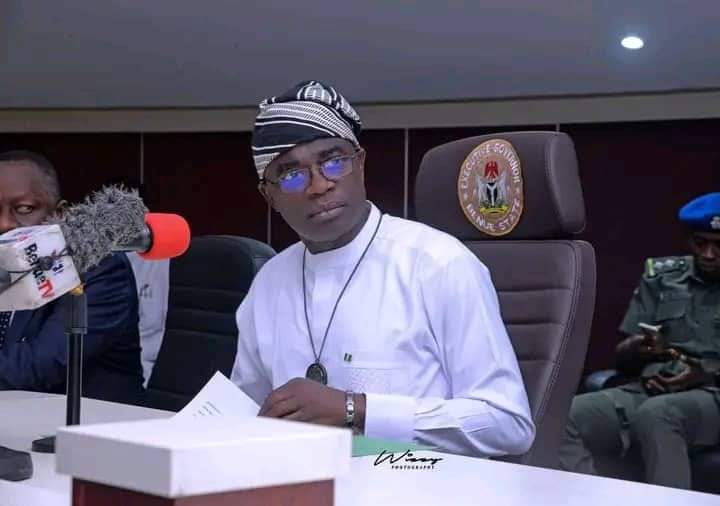BY ADELEKE BANWO
Every day, a pressing dilemma unfolds in the arid plains of Adamawa state and the broader north-east Nigeria. Government agencies, universities such as the American University of Nigeria, conservation groups, and local communities fervently strive to preserve the environment. They are planting trees, initiating programmes to combat climate issues, and safeguarding natural habitats. However, the firewood trade is thriving at the same time.
In markets scattered across towns and villages, substantial heaps of freshly cut wood are traded for cooking and sustaining families. This juxtaposition of restoration and environmental harm poses a critical question: How can communities fulfill their immediate needs without jeopardising the environment in the long term? More specifically, how can we alter financially viable but environmentally detrimental practices?
Desertification, where fertile land becomes desert, is a major environmental issue in Nigeria. It affects over 35% of the country, especially in the North-East Sahel region. The signs in Adamawa are clear: high temperatures, often over 40°C, damaged farmland, vanishing plants, dried tees, and a booming informal harmful business sustainability practice.
Advertisement
Efforts to plant trees, like the Great Green Wall (GGW), a project aiming to stop the desert from spreading by planting trees across Africa’s Sahel region, have been launched in Nigeria but with mixed results. The National Agency for the Great Green Wall reports indicate that many kilometers of trees have been planted to protect communities, including in Adamawa. However, too many of these trees die within a few years, often due to drought or being cut down by locals for firewood.
In rural Northeast Nigeria, firewood holds significant value. Data from the National Bureau of Statistics in 2024 shows that more than 67% of Nigerian households in nine states use firewood for cooking. Firewood vendors earn their livelihoods from cutting, transporting, and selling the wood. Numerous vendors in Yola thrive on this business for their daily income and to support their families. This trade is not just a means of survival but a significant contributor to local economies, bolstering many small businesses, from roasted corn sellers to bread makers.
Nevertheless, the impact on the environment is severe. Large areas of savannah woodlands are being cleared. Woodcutters must go further into the forests to find mature trees, turning what used to be lush areas into dry lands.
Advertisement
While tree planting has good intentions, it faces challenges. Many efforts fail due to:
Lack of community involvement: Trees planted without local support often become neglected or cut down.
Economic needs: If trees are the only available fuel, families will cut them down, regardless of new plantings.
Policy fluctuations: Some areas marked for new forests are later cleared for building homes or markets.
Advertisement
Demand-supply dynamics: The demand for firewood drives the business ecosystem.
Weather conditions: Some of the trees planted are not resistant to harsh weather conditions, which triggers motivation to cut them rather than care for them.
A community elder from Bole said, “We see tree planting programs, but sometimes they do not last. The same people planting today might cut them down next year when there is a shortage of wood.” They also stated that communities are not likely to cut down fruit-bearing trees in their compounds due to the benefits they get from it and the shade it provides.
This situation shows what many environmental experts understand: human actions, mainly when driven by basic survival, pose a significant threat to sustainability (Steg & Vlek, 2009). The “tragedy of the commons,” introduced by Garrett Hardin in 1968, explains individuals’ tendency to make decisions based on their personal needs, regardless of the negative impact it may have on others.. Many locals are aware of the damage. However, survival usually wins when choosing between preserving a tree or feeding their family.
Advertisement
Even those who understand the larger issues feel stuck. “If I stop cutting, someone else will,” noted a wood trader. Other reasons include that the trees have dried up due to the high temperatures and that they are not doing anything wrong. This mindset shows that changing behavior requires more than just awareness; it needs incentives, alternatives, and shifts in community habits.
In 2023, the Adamawa State Government banned tree felling for charcoal production to minimise deforestation and support sustainability. This initiative was well applauded by the Firewood and Charcoal Sellers’ Association (ASFCSA), the Adamawa chapter, and other stakeholders. However, implementation gaps and cultural dynamics still allow this business to thrive. This top-down approach led to many unanswered questions: how was the transition to alternatives such as gas, electricity, and kerosene feasible due to their high costs? Survival needs, and the inability of several environmental policies to address the immediate needs of the people affected remains a significant issue.
Advertisement
The situation in Adamawa and Northeast Nigeria underscores the delicate balance between human needs and environmental preservation. People’s reliance on firewood for daily survival damages the land and jeopardises future livelihoods. The key to addressing this issue lies in community involvement. Solutions might include creating jobs that are not reliant on firewood or making alternative fuels more affordable and accessible. It is crucial to engage with communities, understand their challenges, and involve them in creating solutions.
Based on community interviews, observations, and research, the following strategies are most likely to succeed:
Advertisement
Fuel-efficient cookstoves: These stoves reduce wood usage by over 50%. If produced locally and subsidised, they can become the norm.
Briquettes: Made from crop waste, maize stalks, vegetable peelings, and others, they are cleaner than firewood but require awareness campaigns and distribution support.
Advertisement
Economic alternatives: Programs that support local post-harvest preservation and value-addition initiatives can reduce dependence on tree-cutting.
Cultural messaging: Religious and traditional leaders can frame conservation as a spiritual and ancestral responsibility.
Policy with empathy: Bans should come with alternatives, education, and gradual enforcement.
Everyone, from government officials to locals, must be involved to protect the environment and people’s needs. This involves more than simply planting trees; it is about education and providing viable options. Combining knowledge with practical alternatives can turn current problems into future solutions. It is essential to safeguard the environment and maintain ways of life, ensuring they can sustain each other.
Ultimately, the goal is to meet today’s needs without compromising future possibilities. This requires long-term planning and a commitment to sustainable practices to ensure future environmental and economic stability.
Dr. Banwo is a faculty member at the American University of Nigeria, recognised for his immersive research, learning by doing models, and extensive experience in research, capacity-building, international education, and business consulting. You can contact him via [email protected]
Views expressed by contributors are strictly personal and not of TheCable.
